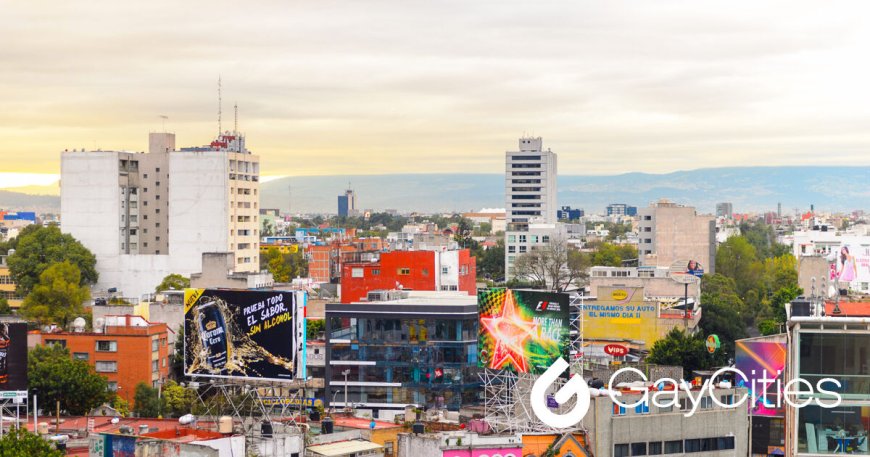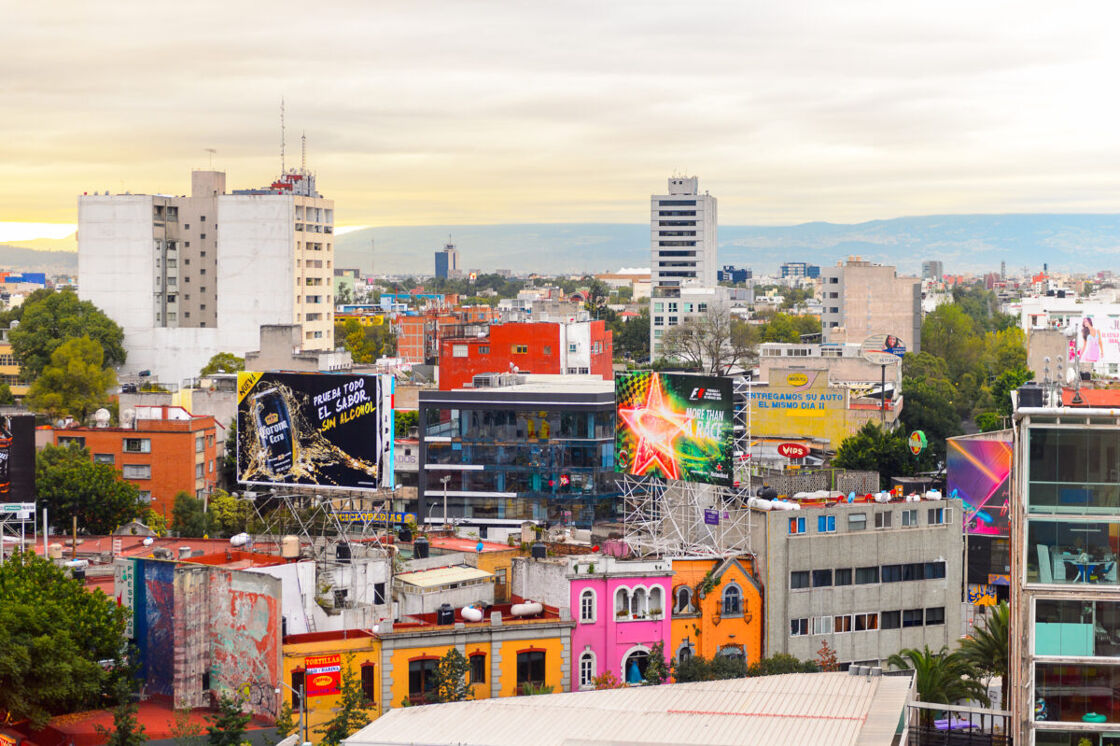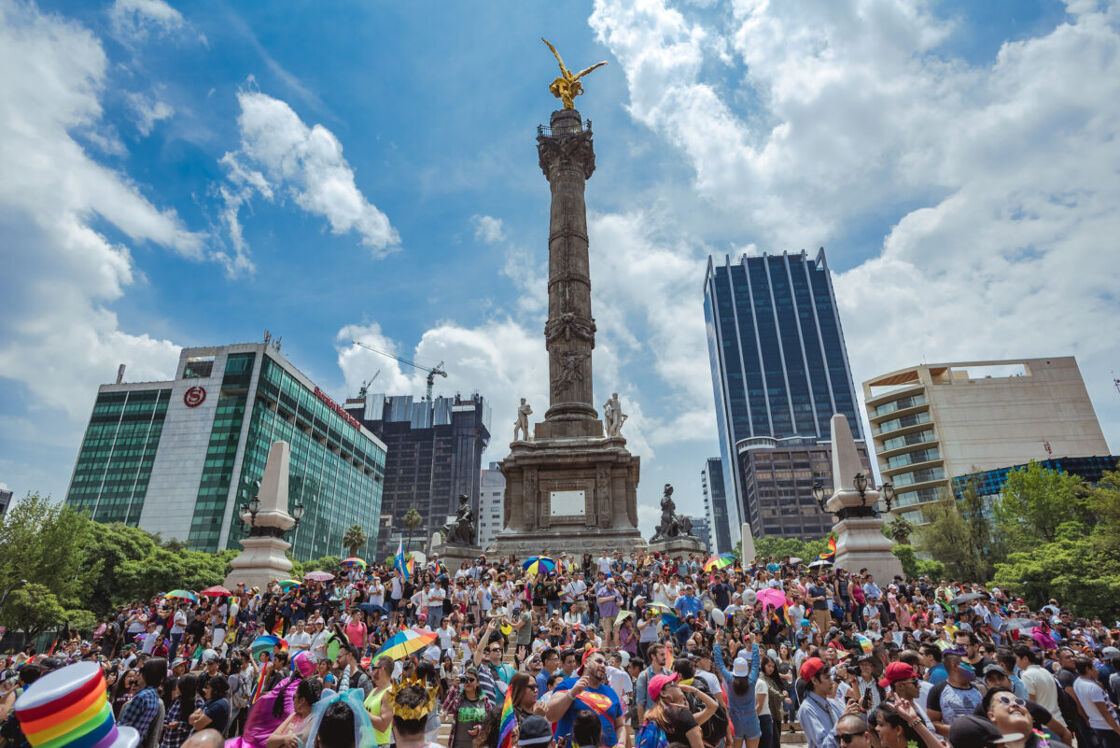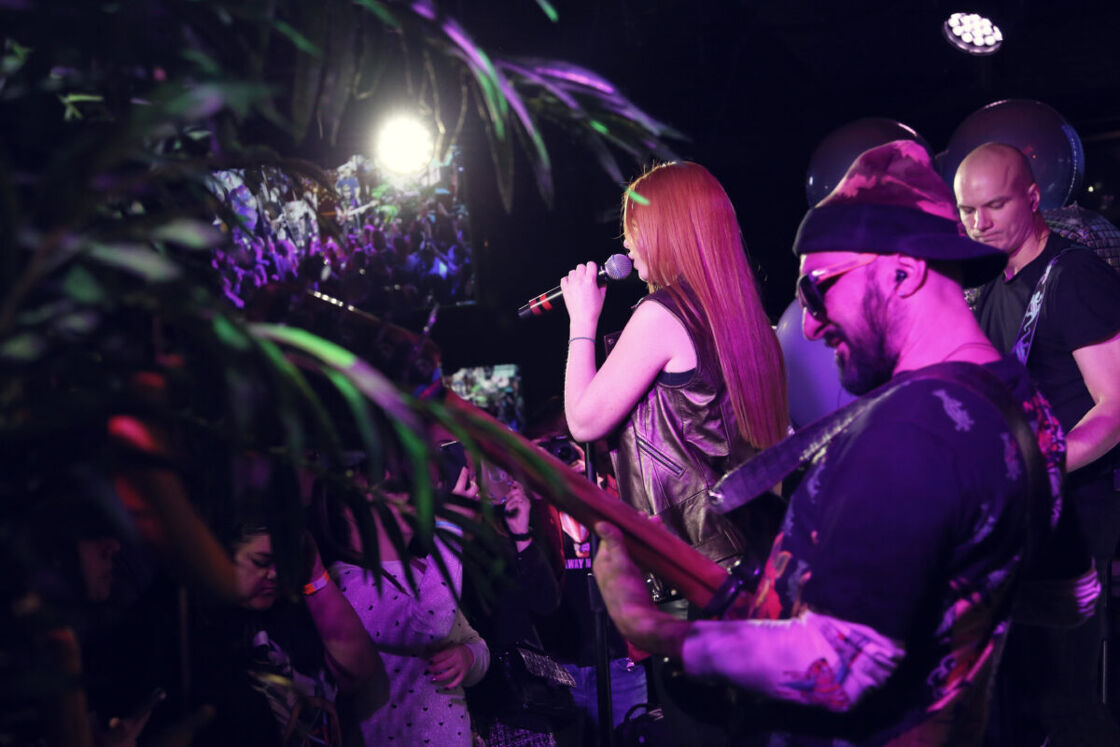Mexico City’s first gay bar was owned by the chief of police
In 1960, police raids and terrorist attacks where the norm. But El Safari had a secret protector - the closeted chief of the Judicial Police.


In 1960, Mexico City required bars to obtain a special permit from the Federal District Department for dancing. Despite this, El Safari still attracted many patrons eager to mingle – it was the only gay bar in the country.
El Safari was a place that wasn’t supposed to exist within its societal and demographic context: a predominantly Roman Catholic, machismo culture and a government that persecuted any signs of queerness. This was a familiar tale found in many parts of the globe.
Yet on the corner of Havre and Hamburgo streets, unassuming doors led to exotic decor, with tiger skins, criss-crossed spears, and masks from African tribes. In the center of the venue was a stage where musical groups performed—aka drag queens. LGBTQ+ Mexicans found a hub for nightlife and community; the question was, how?
Pack your bags, we’re going on an adventure
Subscribe to our weekly newsletter for the best LGBTQ+ travel guides, stories, and more.
Subscribe to our Newsletter today

Police raids and terrorist attacks were happening wherever queer people gathered, from unlawful arrests at gay bookstores to fatal arson attacks at gay bars. Luckily, El Safari had a secret weapon shielding its existence in La Zona Rosa (The Pink Zone), the neighborhood where it was located. Its owner, Fernando Romero, the chief of the Judicial Police of the Federal District, was rumored to be a closeted gay man.
This explains how the establishment survived until its closure in 1966. While this might seem like a brief moment in history, it was a lifetime for those who had never experienced such a community.
Not a lot of information exists about the gay bar, considering it was dangerous for patrons to enter, nonetheless documenting their experiences. However, one gay author, Gonzalo Martré, ensured its memory – and the lives of those it touched – wouldn’t fade into oblivion.

In 1970, Martré published Safari in the Zona Rosa, a groundbreaking book about queer culture in Mexico, much of its events taking place at El Safari. This was a few years before authors like Edmund White or Larry Kramer broke wind in the US. Literature hadn’t yet acknowledged the faces of queerness, especially in Latin America, where many communities struggle to gain rights today.
Like history’s most revolutionary gay authors, Martré didn’t want to cover gayness without speaking candidly about sex. In an interview with Milenio (translated from Spanish), he said, “I didn’t want to join the group of short story writers and novelists who wrote without touching on the sexual theme; they only hinted at it, like in the American movies of that time.”
The novel’s main character, Rosendo, worked as a waiter at the establishment in real life, even if the author used pseudonyms to protect his characters.
Although El Safari had shuttered its doors, it inspired Martré to pave a path for Latin LGBTQ+ literature. The closeted gay bar made space for connection and real-life gay stories to happen worthy of being told.
He never quite received the global recognition as his future contemporaries. Still, he did return to the book for later editions and used real names, ensuring the story of El Safari was remembered correctly.

Gay rights were a domino effect of bravery. In 1971, the Frente de Liberación Homosexual (Homosexual Liberation) Front was founded in Mexico, the first organization of its kind, even though it dissolved a year later. During this time, more gay clubs started popping up in the city.
Today, Zona Rosa is considered the queer epicenter of Mexico, where queer people can walk holding hand in hand and be surrounded – and protected – by the community. You only require the will for a good time with no shortage of gay parties. At least 300,000+ people are identifying as LGBTQ+ in the capital alone. The gay nightlife is considered the most lively in Latin America for travelers and locals alike.
Nevertheless, all the inclusivity welcomed by bars and clubs began with one person – the police chief.

 Mark
Mark 





